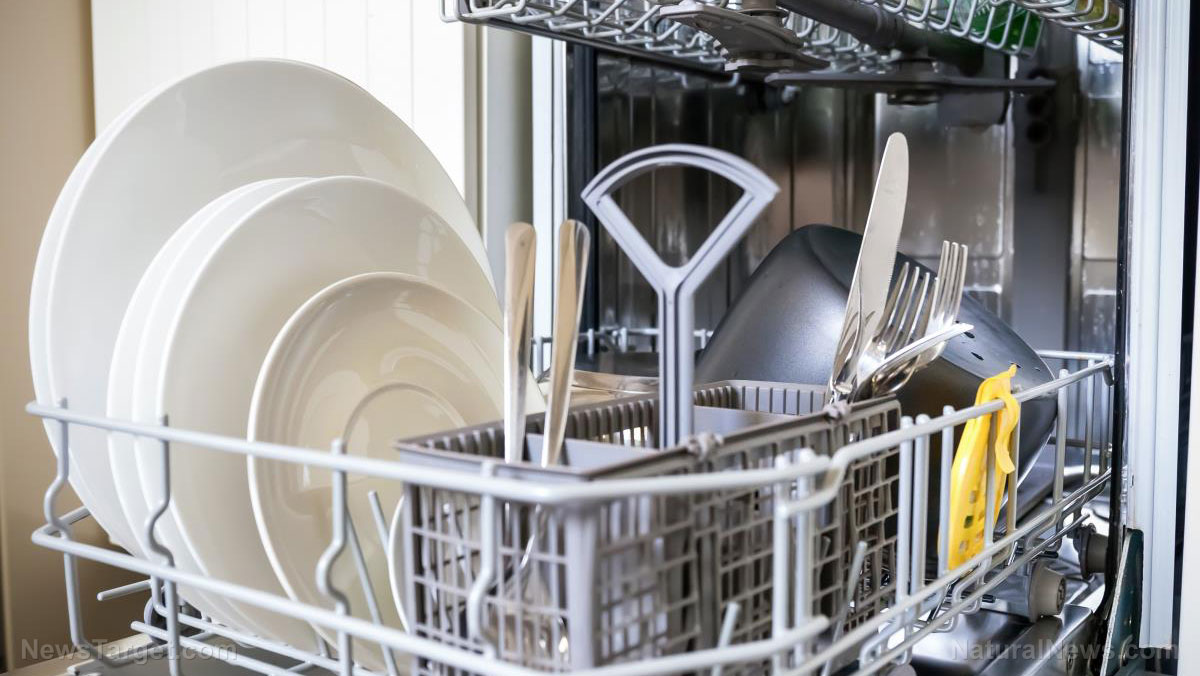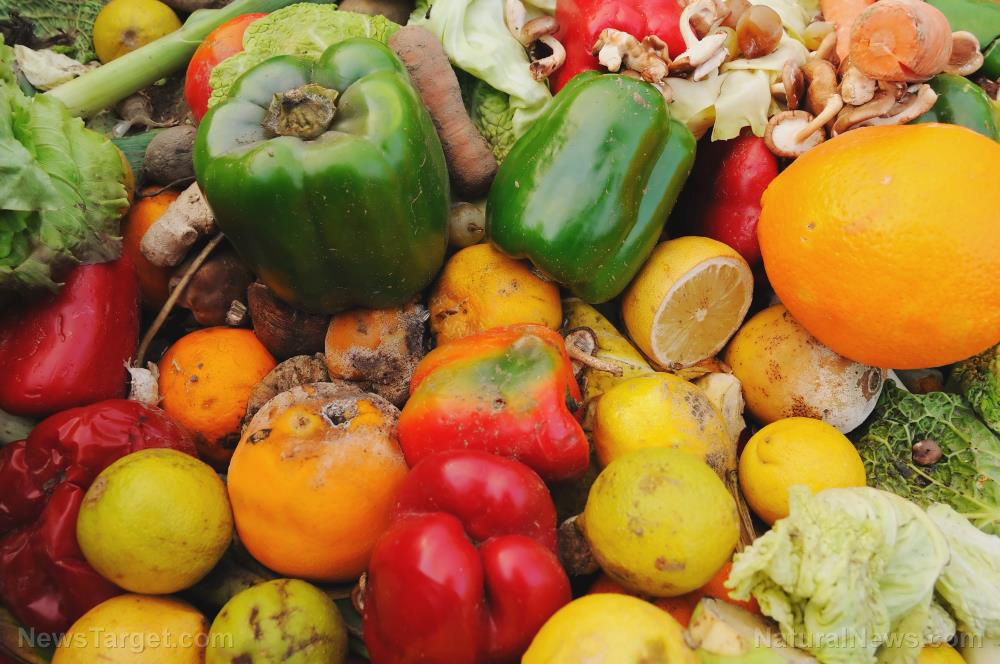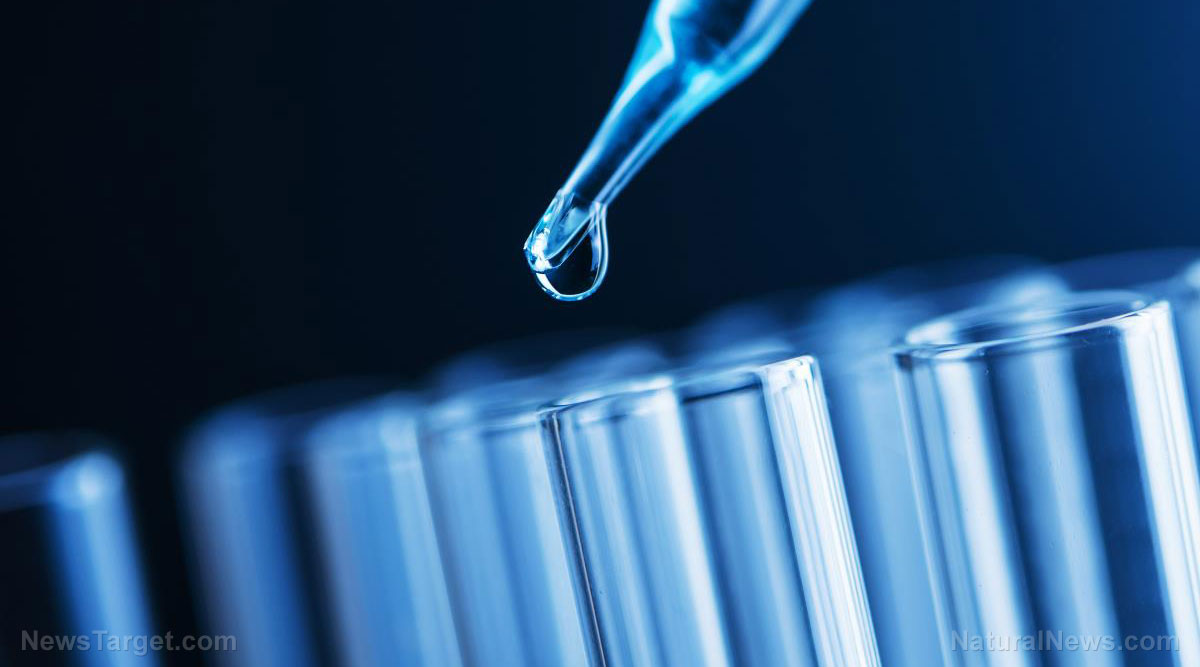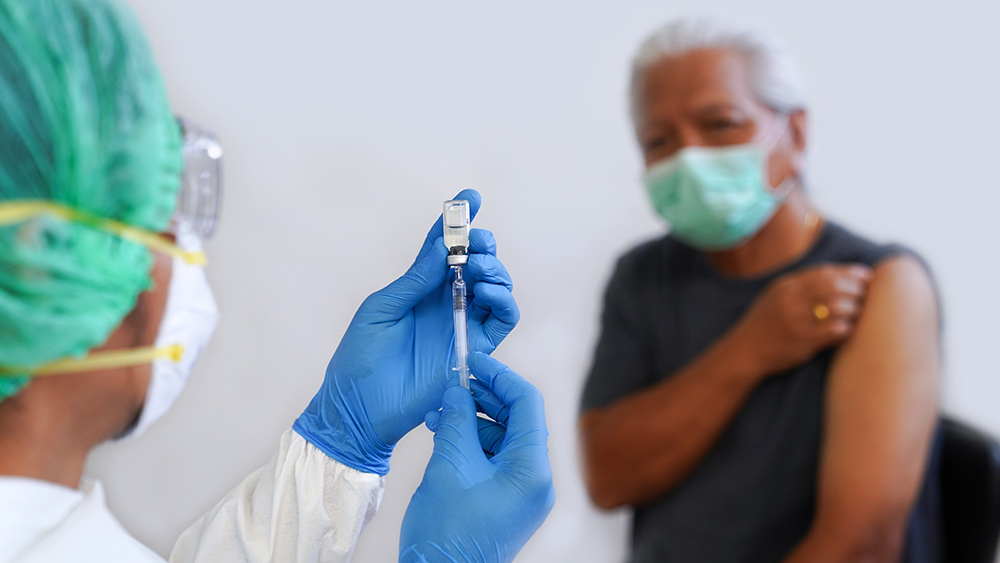 Parler
Parler Gab
Gab
Public should be made aware of the risks linked to rinse agents
"What's especially alarming is that in many appliances, there's no additional wash cycle to remove the remaining rinse aid," Akdis commented. "It is important to inform the public about this risk since alcohol ethoxylates seem to be commonly used in commercial dishwashers." The researchers noted that while alcohol ethoxylates are also present in household dishwasher detergent, they are not at concentrations high enough to do any damage. Ethoxylates are widely used in lubricants, cosmetics, soaps, detergents, cleaning chemicals and solvents because of their attributes such as rapid surface-wetting, excellent detergency and low-foaming properties. The middle class has already increased their spending ability for high-quality personal care products and this may subsequently increase consumer demand for cosmetics. Critics are also worried that the "cleaning efficiency" of rinse aid used in industrial restaurant dishwashers are outweighing their safety attributes, or lack thereof. Visit Chemicals.news for more on the health risks of industrial chemicals. Watch this video that explains what is leaky gut and the health issues it triggers. This video is from the WPRMedical channel on Brighteon.com.More related stories:
A silent killer: Leaky gut syndrome is often misdiagnosed or ignored. Fiber and gut health: Study links low-fiber diet with leaky gut. Homesteading hacks: 3 Non-toxic dishwasher rinse aid recipes. Leaky gut? Drinking green tea can help. Fiber and gut health: Study links low-fiber diet with leaky gut. Sources include: DailyMail.co.uk JACIOnline.org News-Medical.net Brighteon.comGovernments continue to obscure COVID-19 vaccine data amid rising concerns over excess deaths
By patricklewis // Share
Tech giant Microsoft backs EXTINCTION with its support of carbon capture programs
By ramontomeydw // Share
Germany to resume arms exports to Israel despite repeated ceasefire violations
By isabelle // Share










